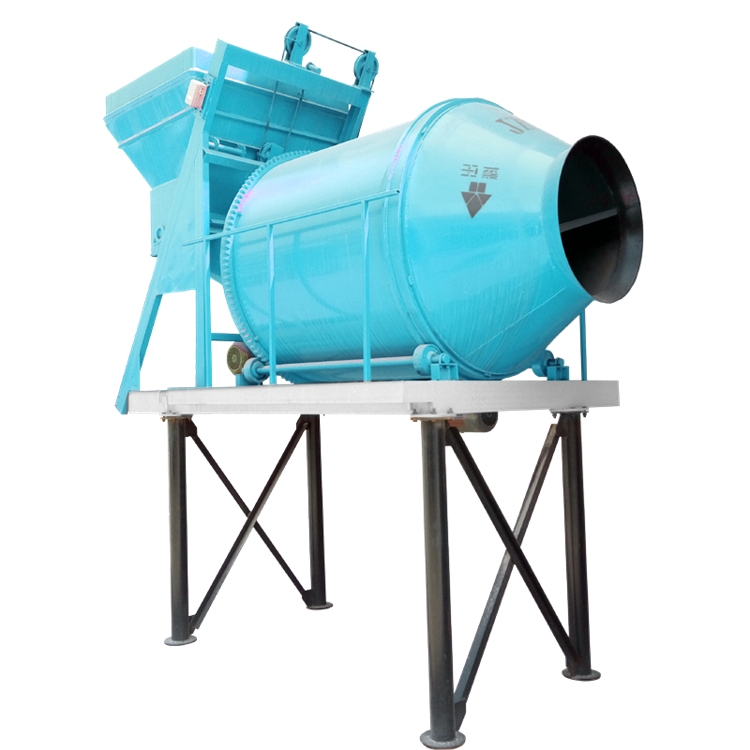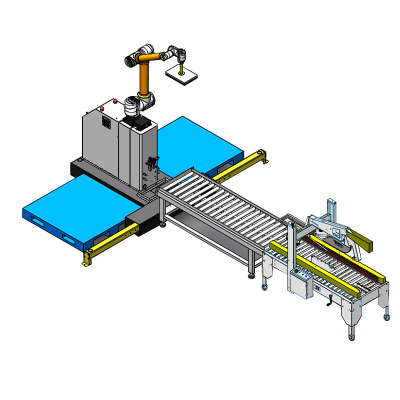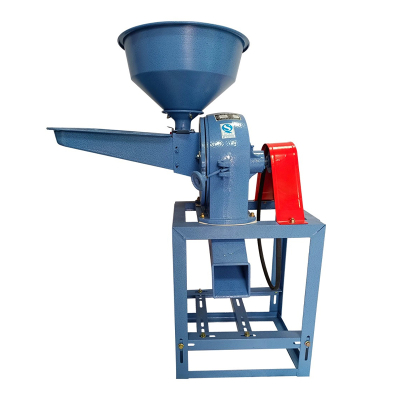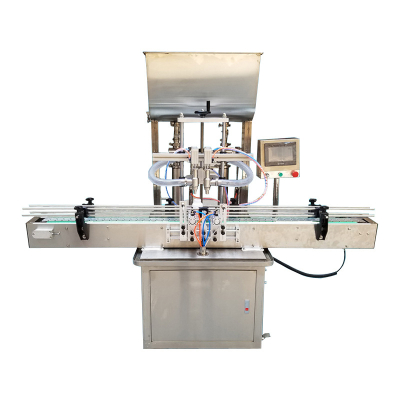The development status of bio-organic fertilizer
Fertilizer is an important means of agricultural production, and the sustainable and stable development of agriculture cannot be separated from fertilizer. Fertilizer is widely used in production because of its rich content of available nutrients and remarkable effect of increasing production. At present, China's fertilizer production and use ranks first in the world.
In terms of production, except for potassium chloride, other major fertilizer varieties have been in surplus. In terms of application, there are problems such as unreasonable fertilizer use structure, excessive application and low utilization rate, which are manifested in that farmers only pay attention to the use of chemical fertilizers in the production process, and pay little attention to organic fertilizers and microbial fertilizers, and blindly increase the application amount of chemical fertilizers in order to obtain better fertilizer efficiency.
At present, the world's crop fertilizer application amount is 120 kg/hm2, and China's crop fertilizer application amount is 328.5 kg/hm2, which is much higher than the world average. Excessive application and blind application of chemical fertilizer bring about a series of problems such as cost increase, environmental pollution, soil degradation and so on.
Soil is the most important natural resource of a country. With the long-term use of chemical fertilizers, the basic fertility of soil is gradually weakening, and the weakening of basic fertility of soil has become an important limiting factor affecting the sustainable development of China's agriculture and the high and stable yield of crops.
With the gradual improvement of people's awareness of environmental issues and soil recycling, traditional fertilizers can no longer meet the needs of agricultural development. In order to achieve sustainable development of agricultural products, it is imperative to develop efficient and environmentally friendly fertilizers.
At this stage, the enthusiasm of domestic growers to apply bio-organic fertilizer is not high, and the utilization rate of bio-organic fertilizer is relatively low, mainly in vegetables, fruits, Chinese herbs, tobacco and other high value-added cash crops. However, with the improvement of people's consumption level and safety awareness, the demand for green organic agricultural products is increasing, and bio-organic fertilizer will become an inevitable choice for agricultural production.
At present, the application of bio-organic fertilizer in some ecological demonstration areas, green and organic agricultural products bases has achieved good results, which plays a good demonstration role in the future promotion and application of bio-organic fertilizer. Compared with the application of equivalent fertilizer, the application of bio-organic fertilizer can increase the yield of watermelon, tomato, Chinese cabbage and cabbage heart by 25.5%, 35.9%, 41.6% and 50.6%, respectively, reaching a very significant level, and also has a significant effect on the increase of pepper, cauliflower, cotton and rice. According to Xia Biao, compared with the application of the equivalent diammonium phosphate, the application of Ames bio-organic fertilizer can increase peanut production by 33%.
Compared with the single application of chemical fertilizer, the application of bio-organic fertilizer can significantly increase the diameter and fruit weight of Chinese cabbage and watermelon. It can also improve the quality of tomatoes and peppers, and increase the content of vitamin C and reducing sugar in tomatoes and peppers. Through the study of the effects of different fertilization methods on the quality of lettuce, it was found that the application of Ames bio-organic fertilizer could increase the vitamin C content of lettuce, reduce the total acid, significantly increase the sugar-acid ratio, and significantly reduce the nitrate content that is easy to induce cancer, which plays an important role in improving the taste of lettuce and improving product safety.
A large number of studies at home and abroad have shown that the application of bio-organic fertilizer can effectively control soil-borne diseases. The field control effect of bioorganic fertilizer made of Bacillus polymyxoides, which has antagonistic effect on fusarium wilt, reached 73%. BIO-36 and BIO-23, which were made from Bacillus subtilis Ⅱ-36 and Ⅰ-23, could effectively inhibit bacterial wilt of eggplant, and the prevention rates were 96% and 91%, respectively. At present, bio-organic fertilizer is very effective in the control of soil-borne diseases of vegetables, fruits, tobacco and other crops, and is an important and effective way to control soil-borne diseases.





